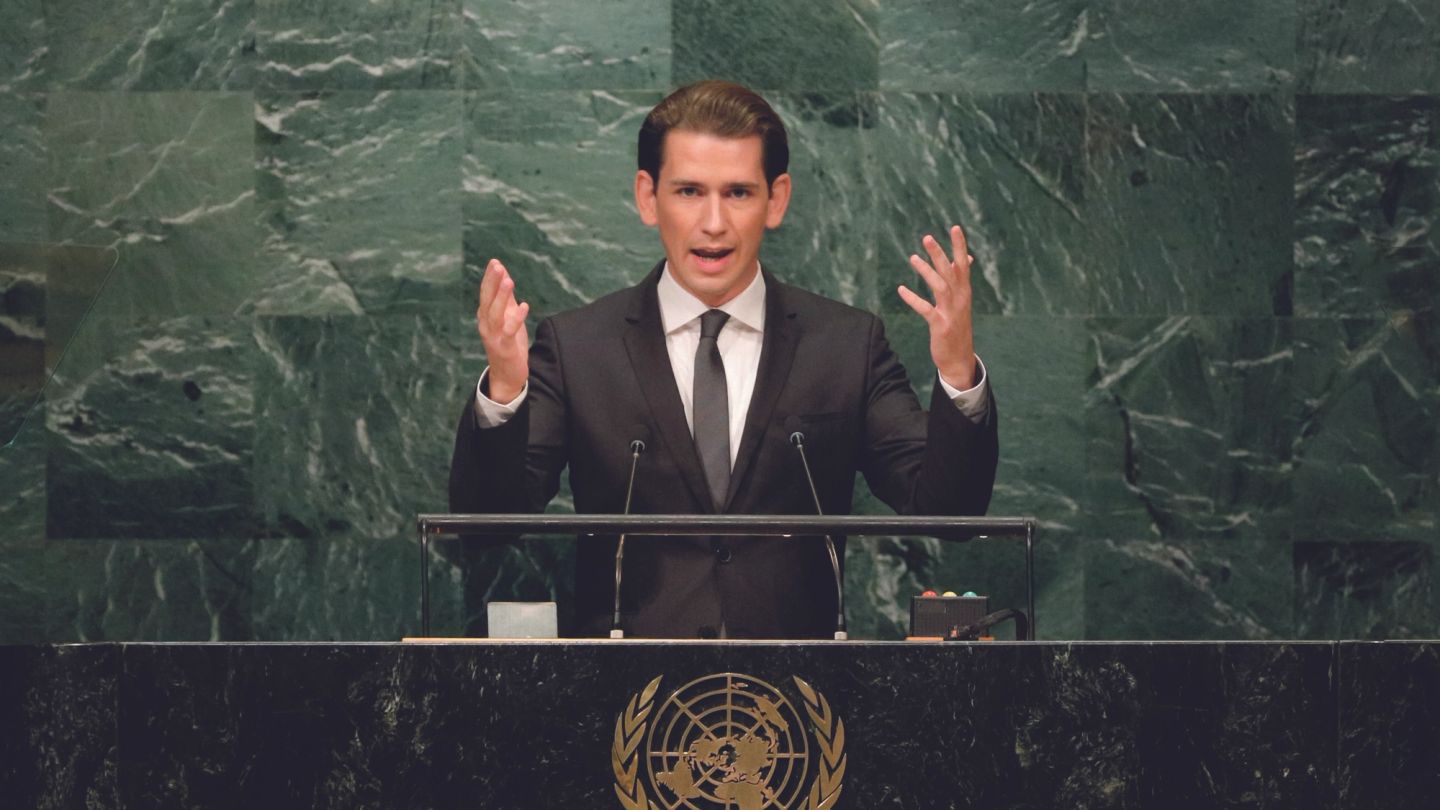
Members -- 1 month ago

Words: Tom Ward
Scandal, rumour and outrage abound this week in the Austrian People’s Party, (OVP) after its leader, once heralded as a saviour of Austrian politics, has stepped down following accusations of rank corruption.
To receive the latest in style, watches, cars and luxury news, plus receive great offers from the world’s greatest brands every Friday.
